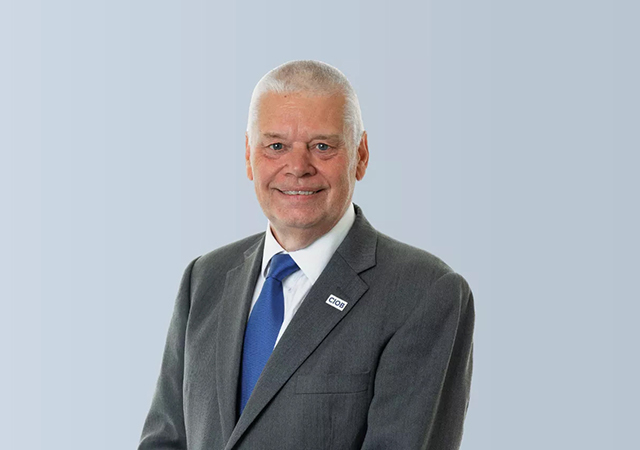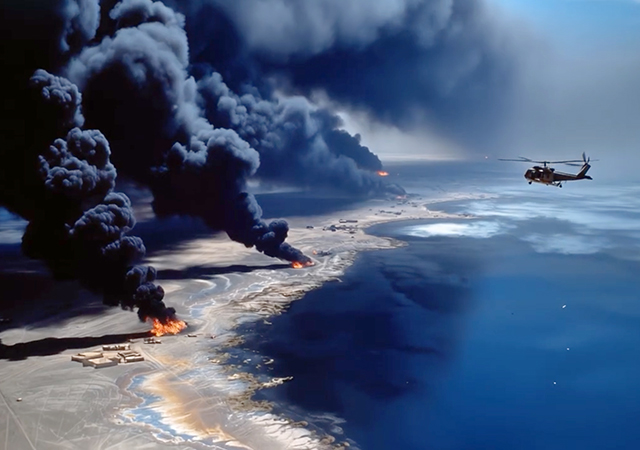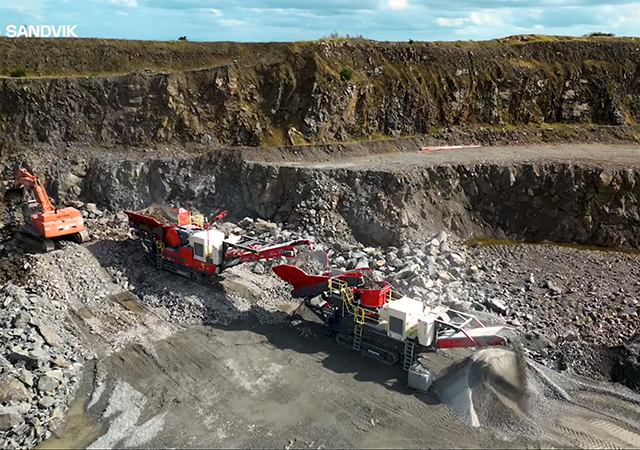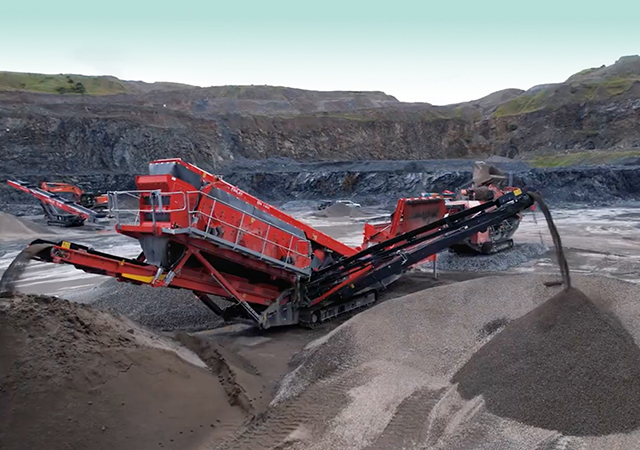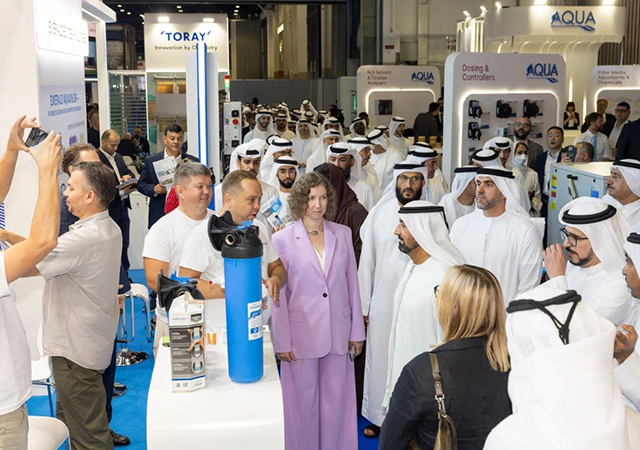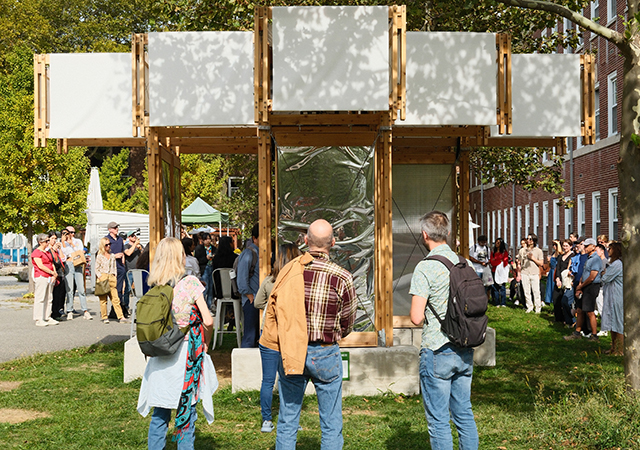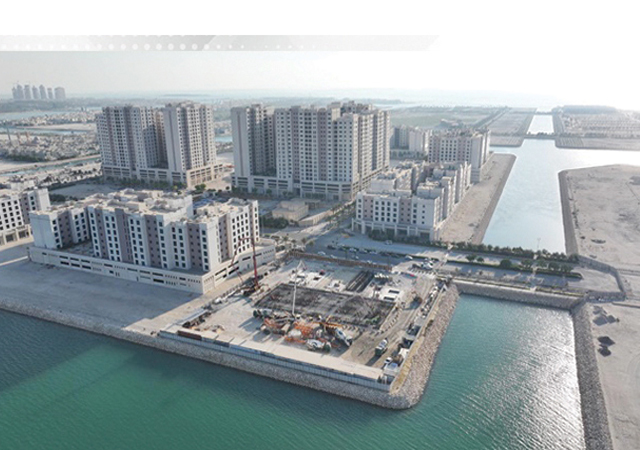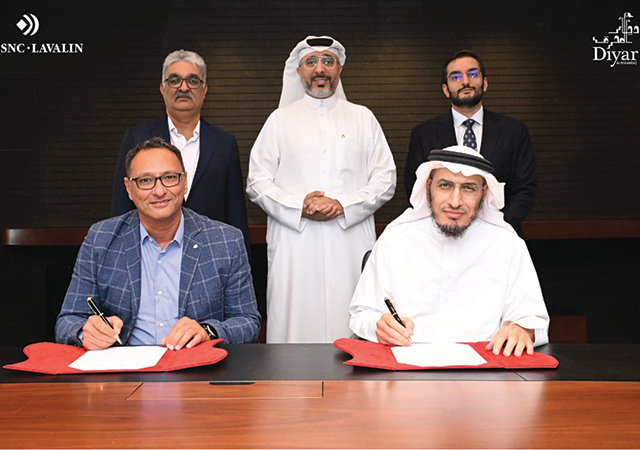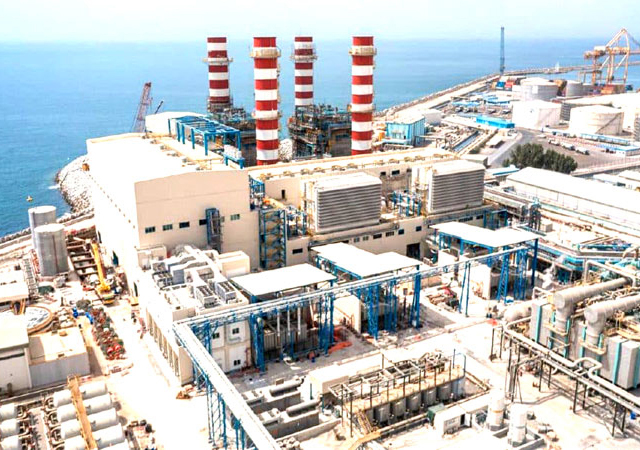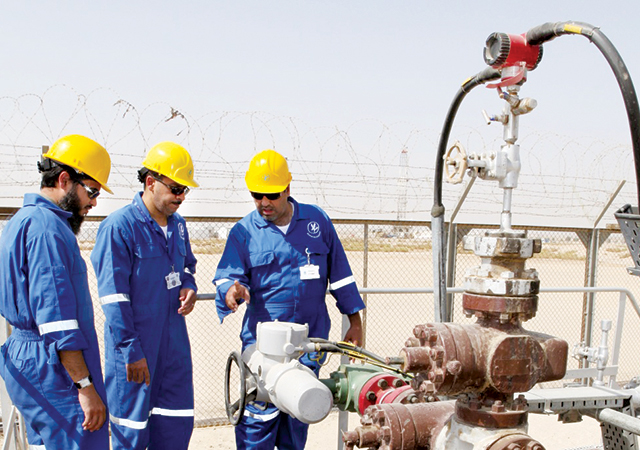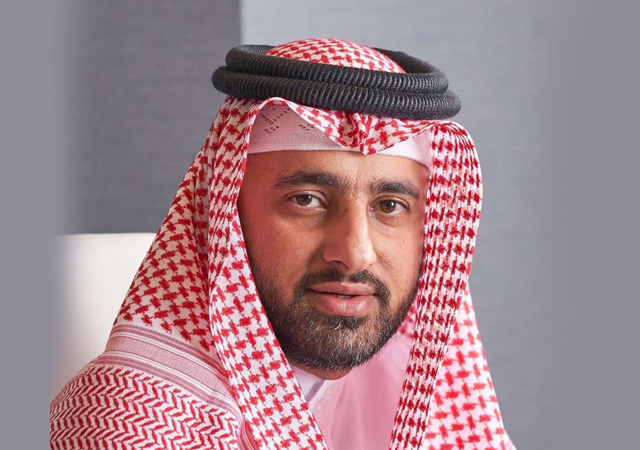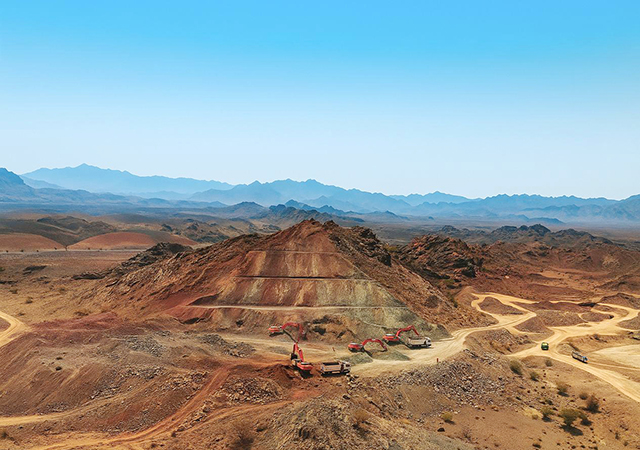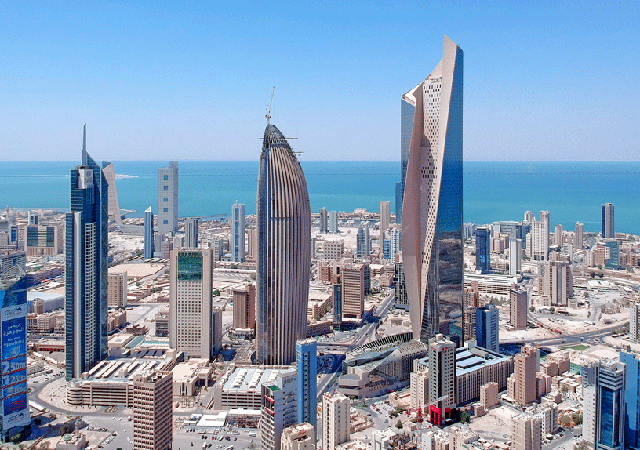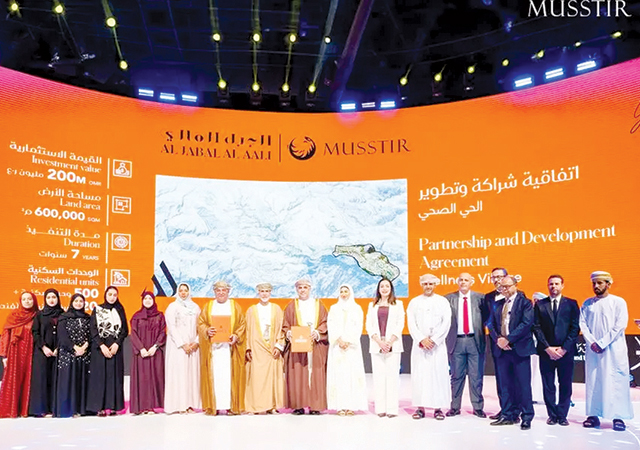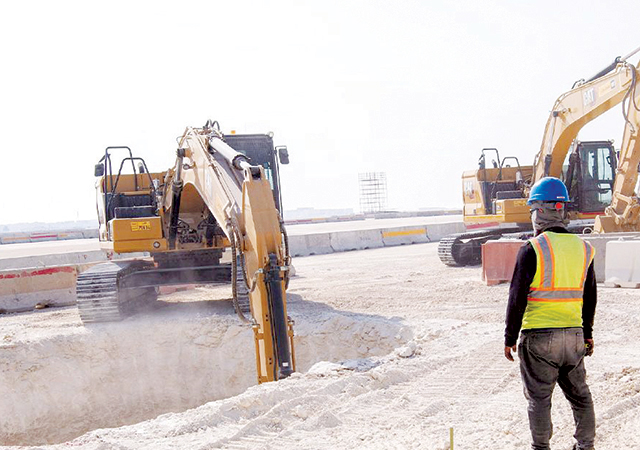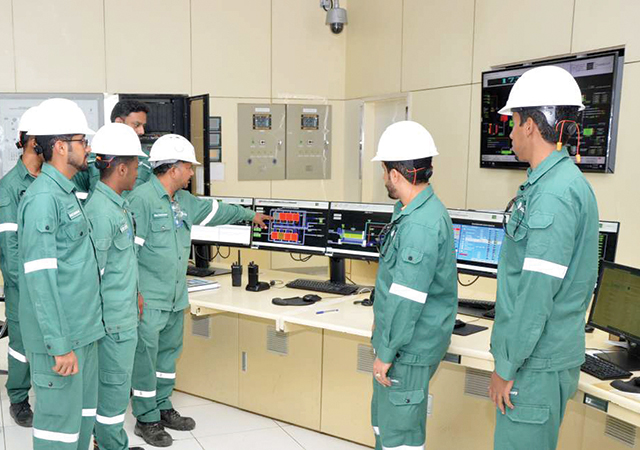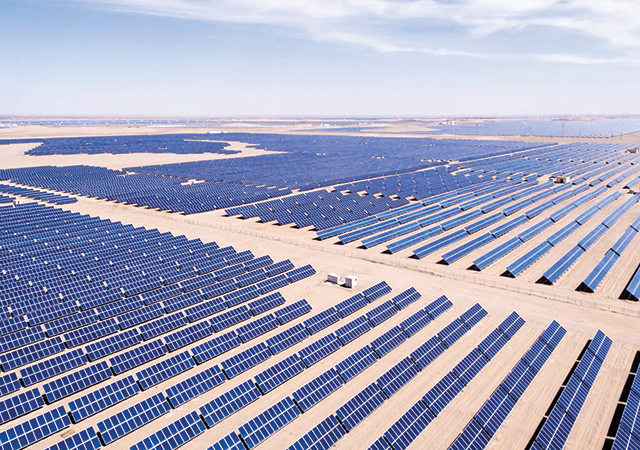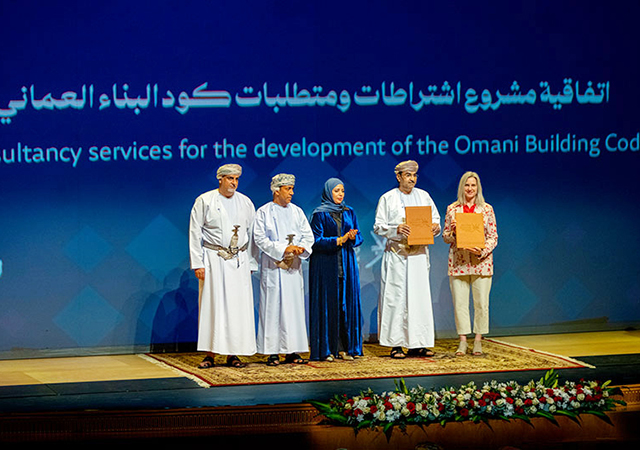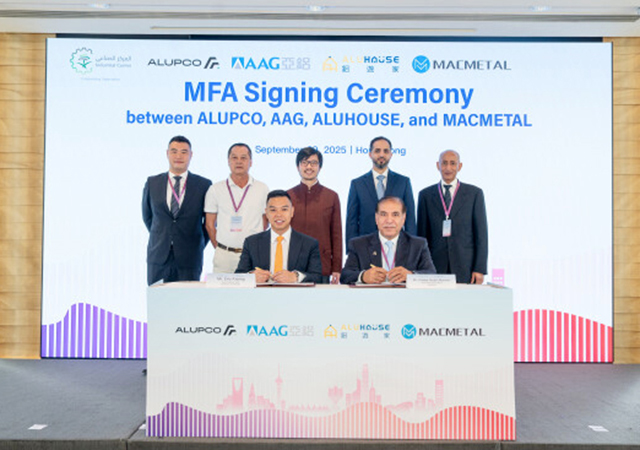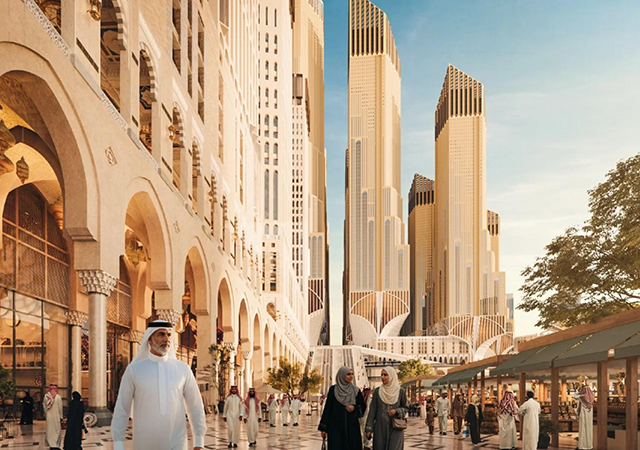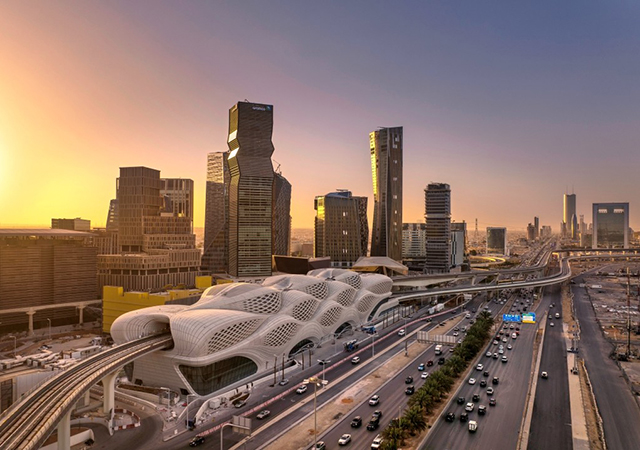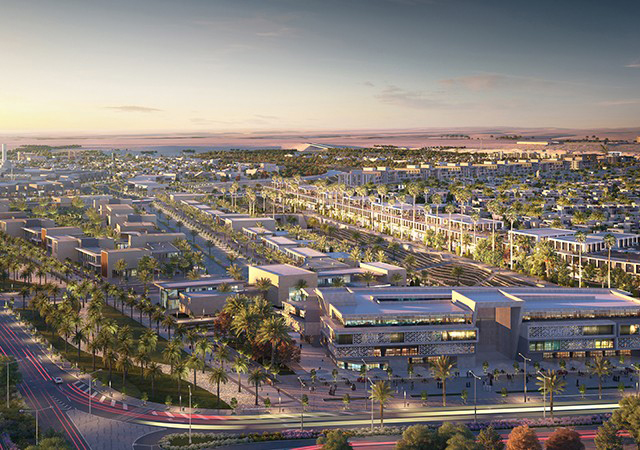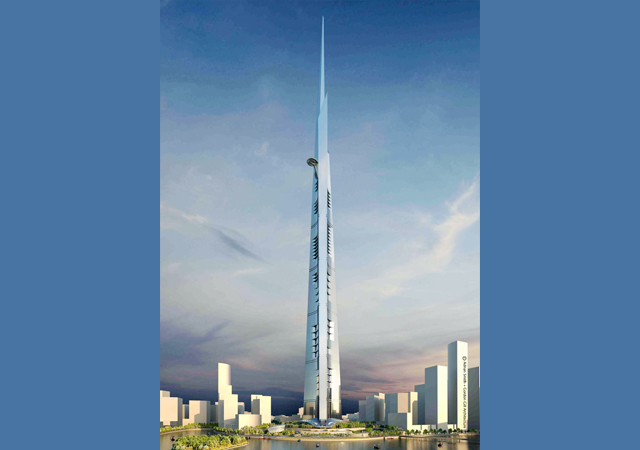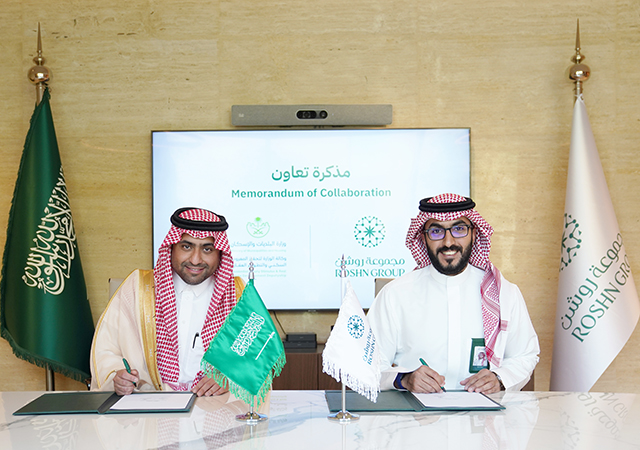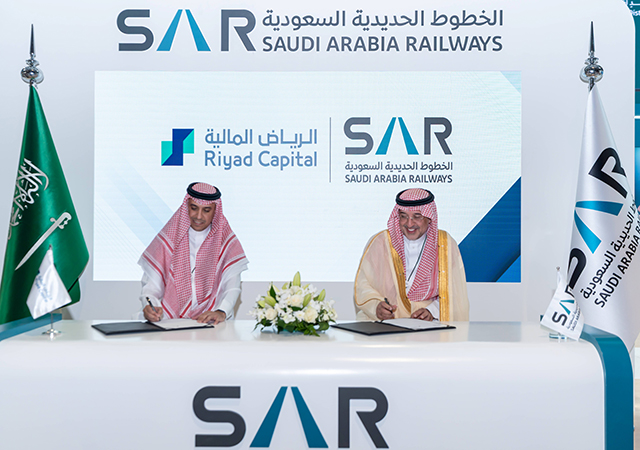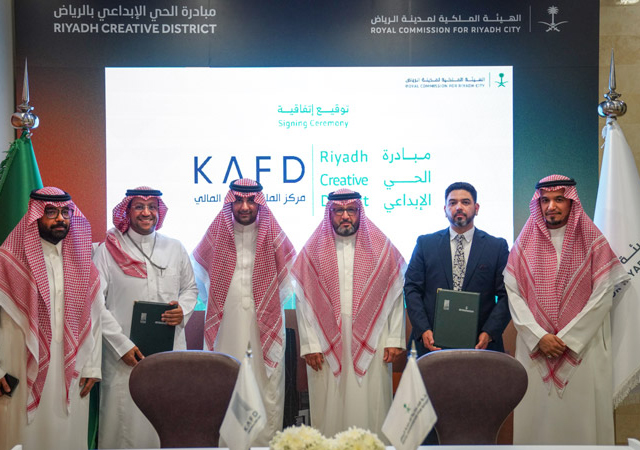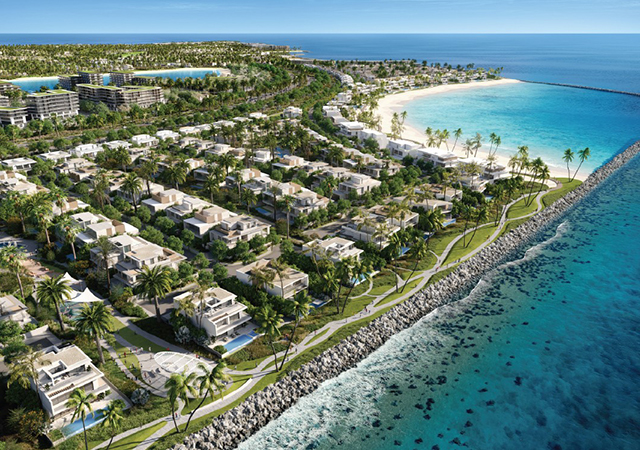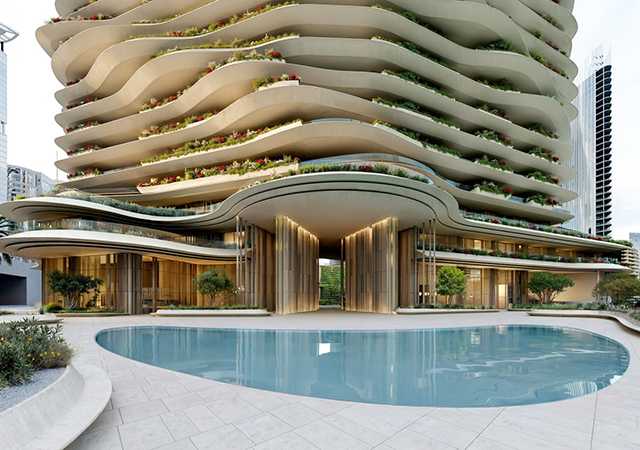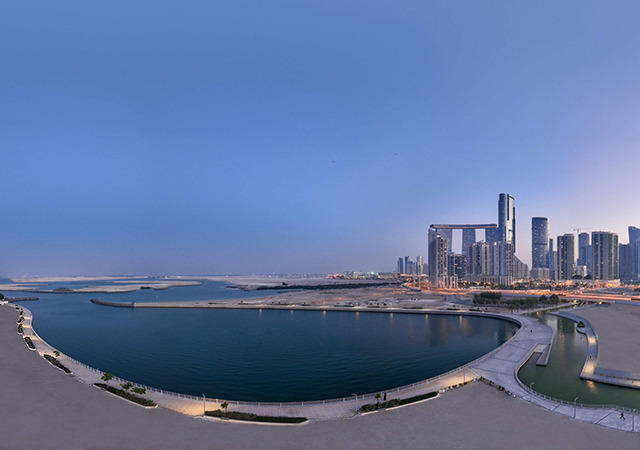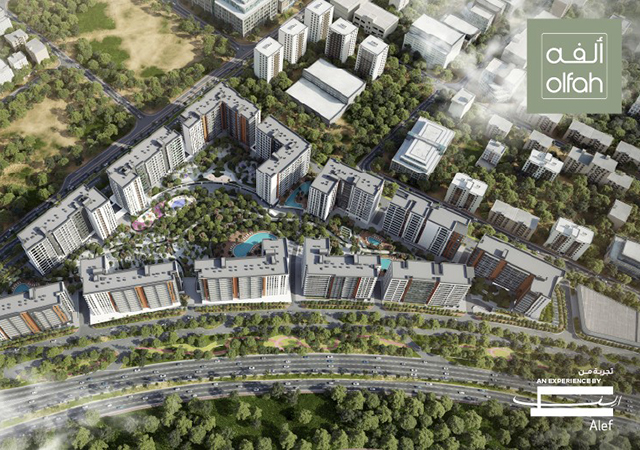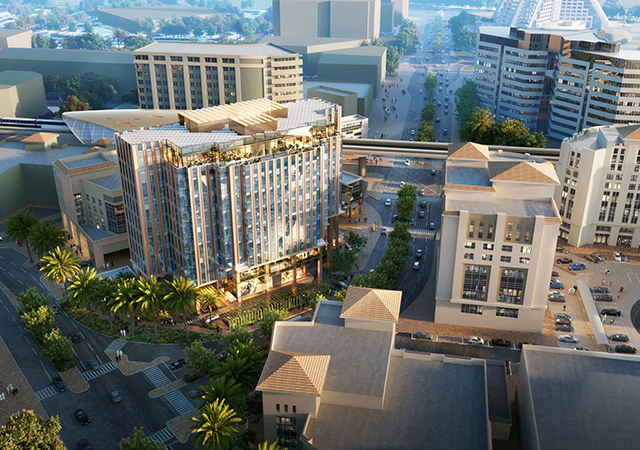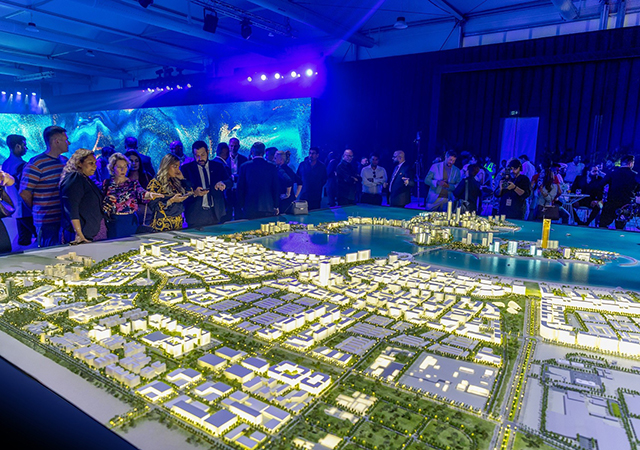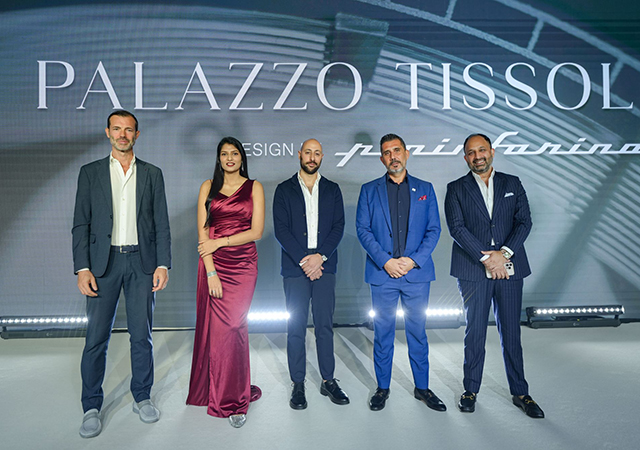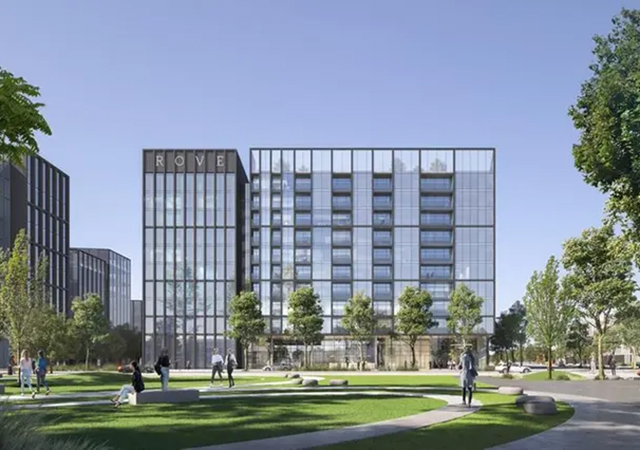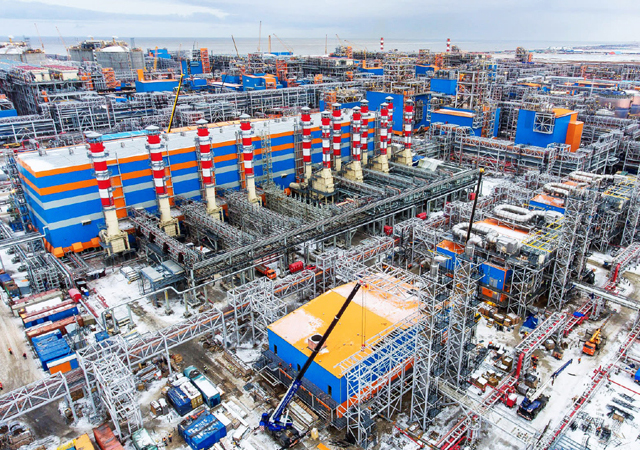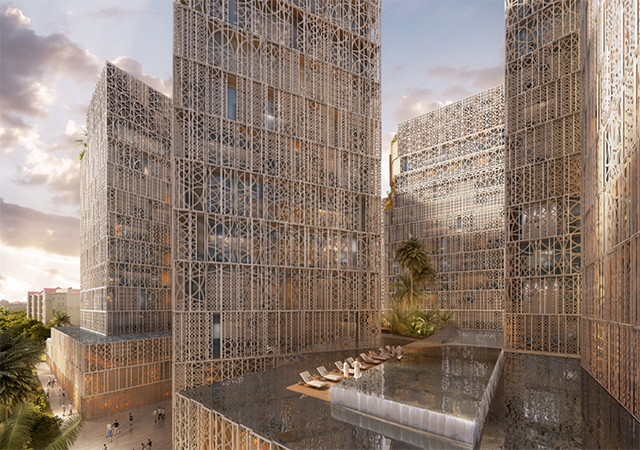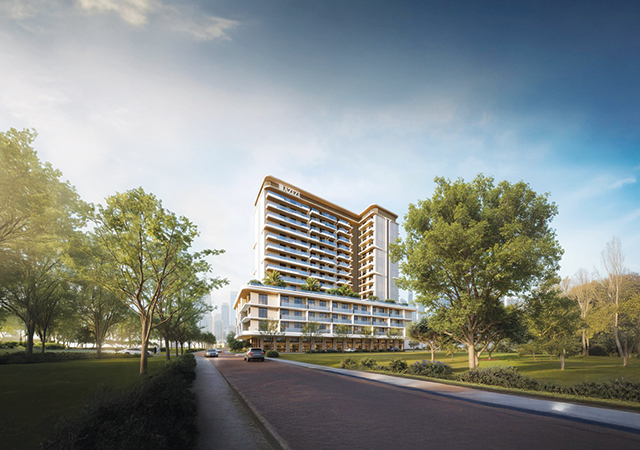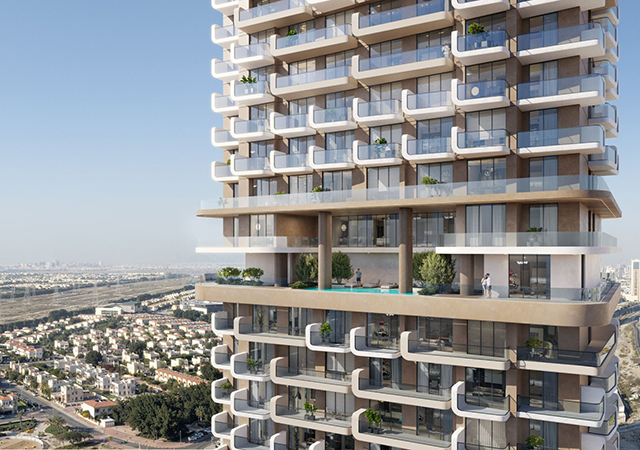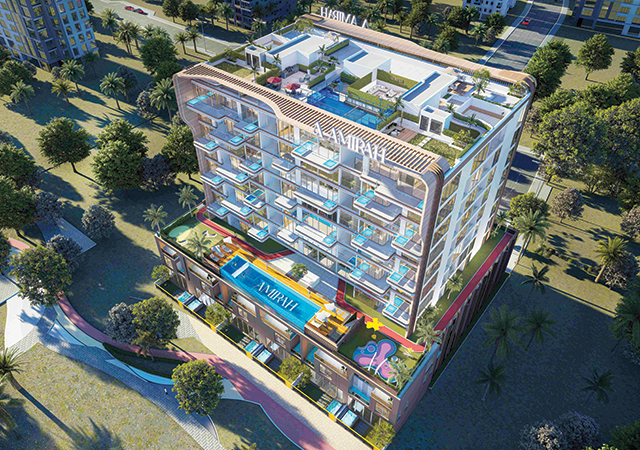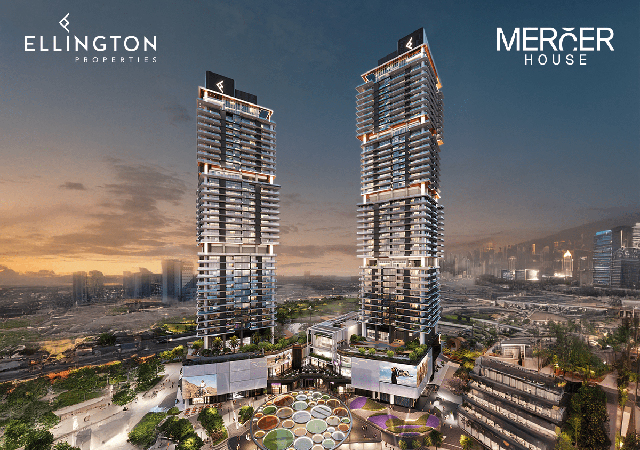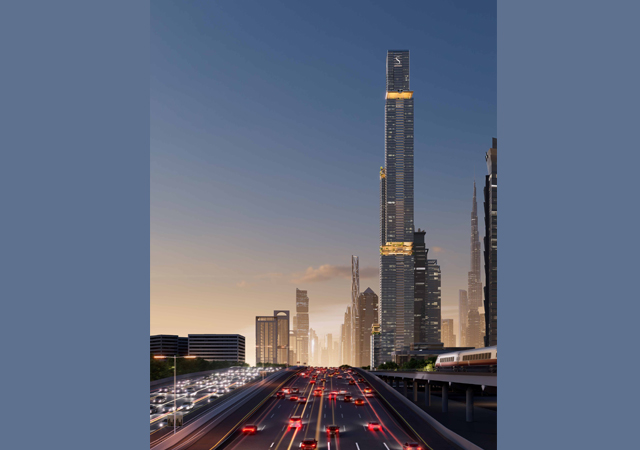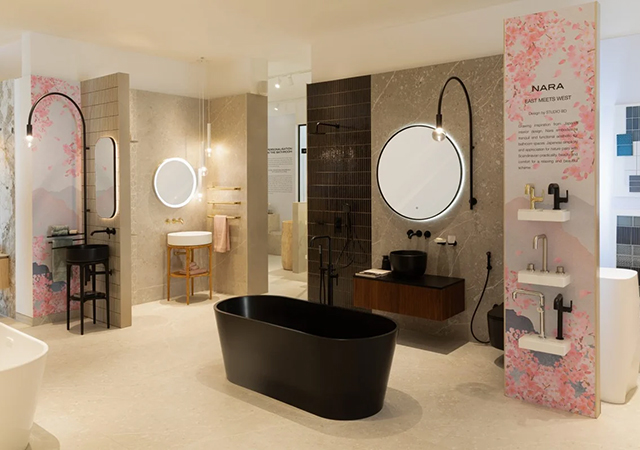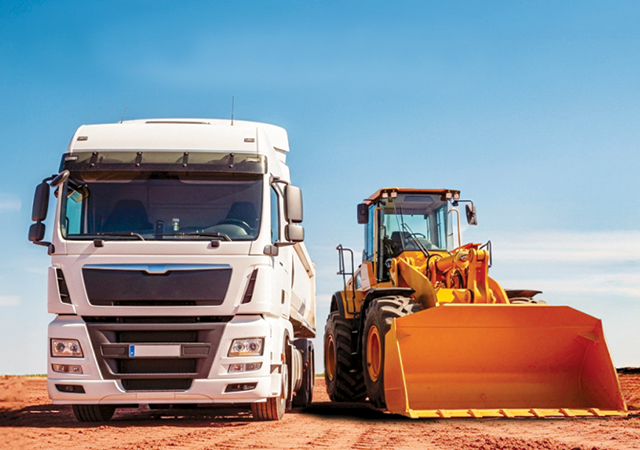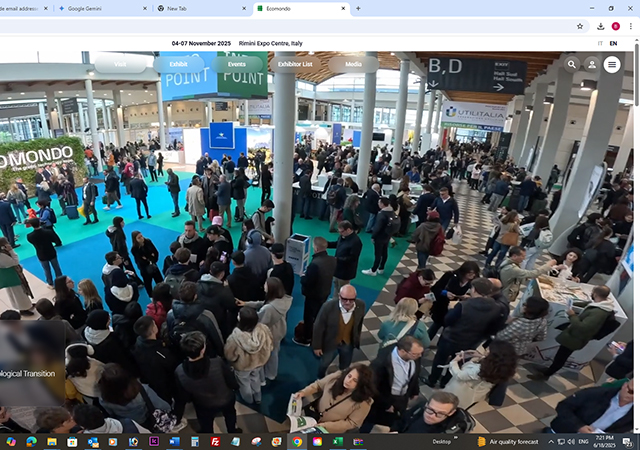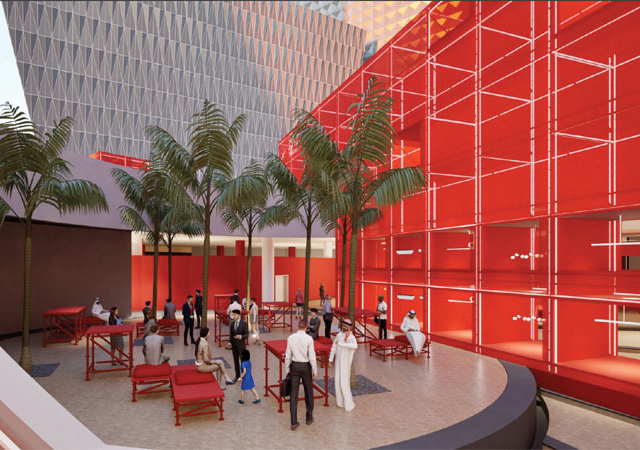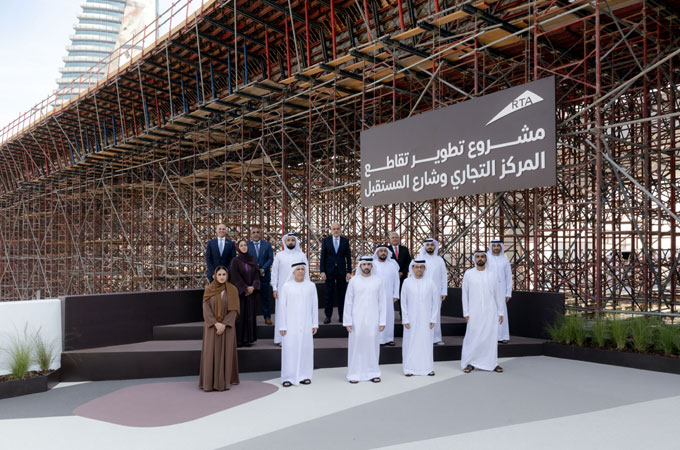
Steady progress is being made on the Trade Centre Roundabout Improvement Project - one of Dubai’s vital interchanges linking Sheikh Zayed Road with five key arterial streets in the city - Sheikh Khalifa bin Zayed Street, Sheikh Rashid Street, 2nd December Street, Zabeel Palace Street, and Al Majlis Street, reported Wam.
The project has reached 40% completion and will open in stages, starting in January next year with the inauguration of two bridges serving traffic from 2nd December Street towards Al Majlis Street and Sheikh Rashid Street, it stated.
In March, the bridge connecting Sheikh Zayed Road to Sheikh Khalifa bin Zayed Street is scheduled to open, followed by two additional bridges in October 2026 serving traffic from Sheikh Rashid Street and Al Majlis Street towards 2nd December Street.
The scope of work includes construction of five bridges with a total length of 5,000 m and converting the existing roundabout into a surface-level intersection to improve traffic flow from Sheikh Zayed Road towards 2nd December Street and from Al Mustaqbal Street towards Sheikh Zayed Road in the southbound direction, it stated.
The Trade Centre Roundabout and Al Mustaqbal Street improvement projects entail the construction of seven bridges and three tunnels spanning 6,500m at a total cost of AED1.3 billion ($354 million), said the report citing a top official of Dubai’s Roads and Transport Authority (RTA).
Serving seven key residential and development areas, including Dubai World Trade Centre, Dubai International Financial Centre (DIFC), Emirates Towers, Museum of the Future, and Downtown Dubai, the projects are expected to benefit over one million residents and visitors and reduce travel time by 75%, stated Mattar Al Tayer, Director-General, Chairman of the Board of Executive Directors of RTA.
He was speaking after briefing Sheikh Hamdan bin Mohammed bin Rashid Al Maktoum, Crown Prince of Dubai, Deputy Prime Minister, Minister of Defence, and Chairman of The Executive Council of Dubai, on the scope of Dubai’s road and transport network, which extends over 25,000 lane-kilometres and serves more than 3.5 million vehicles daily.
Sheikh Hamdan later reviewed the Dubai Tunnels initiative, which aims to transform urban infrastructure into cultural and artistic landmarks, through collaboration with a number of local artists to design murals for several tunnels on Dubai’s roads.
Meanwhile, Sheikh Hamdan has approved the Architectural Identity for Dubai’s road projects, developed to enrich the architectural character of urban elements across the emirate’s integrated network of roads, corridors, and streets.
The strategy aligns with the Dubai 2040 Urban Master Plan, which seeks to elevate the quality of life, reinforce the city’s aesthetic identity, and enhance the efficiency of the built environment through designs inspired by Dubai’s distinctive architectural heritage, presented within a modern framework that reflects the city’s evolution and global leadership.-TradeArabia News Service



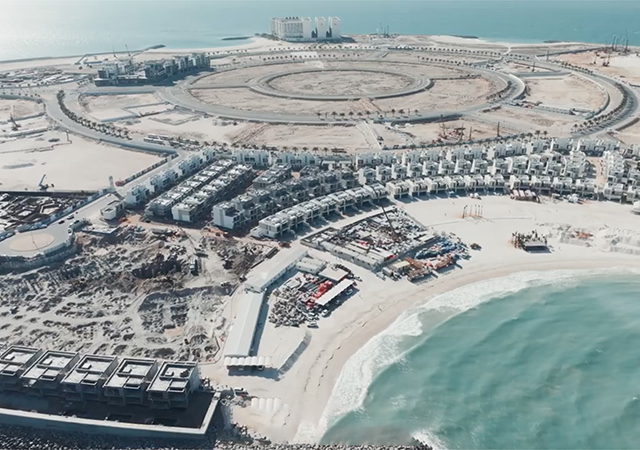

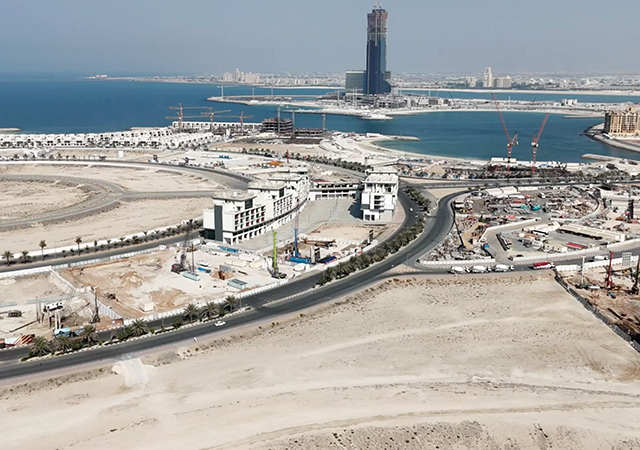
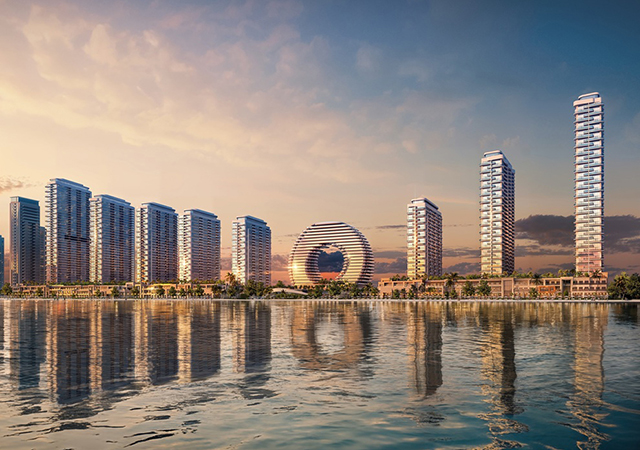
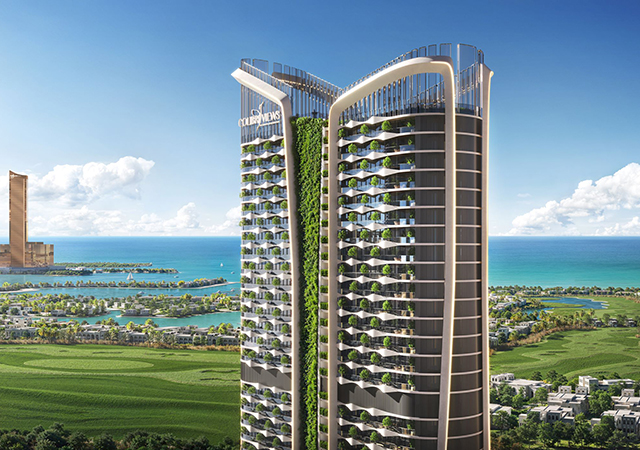
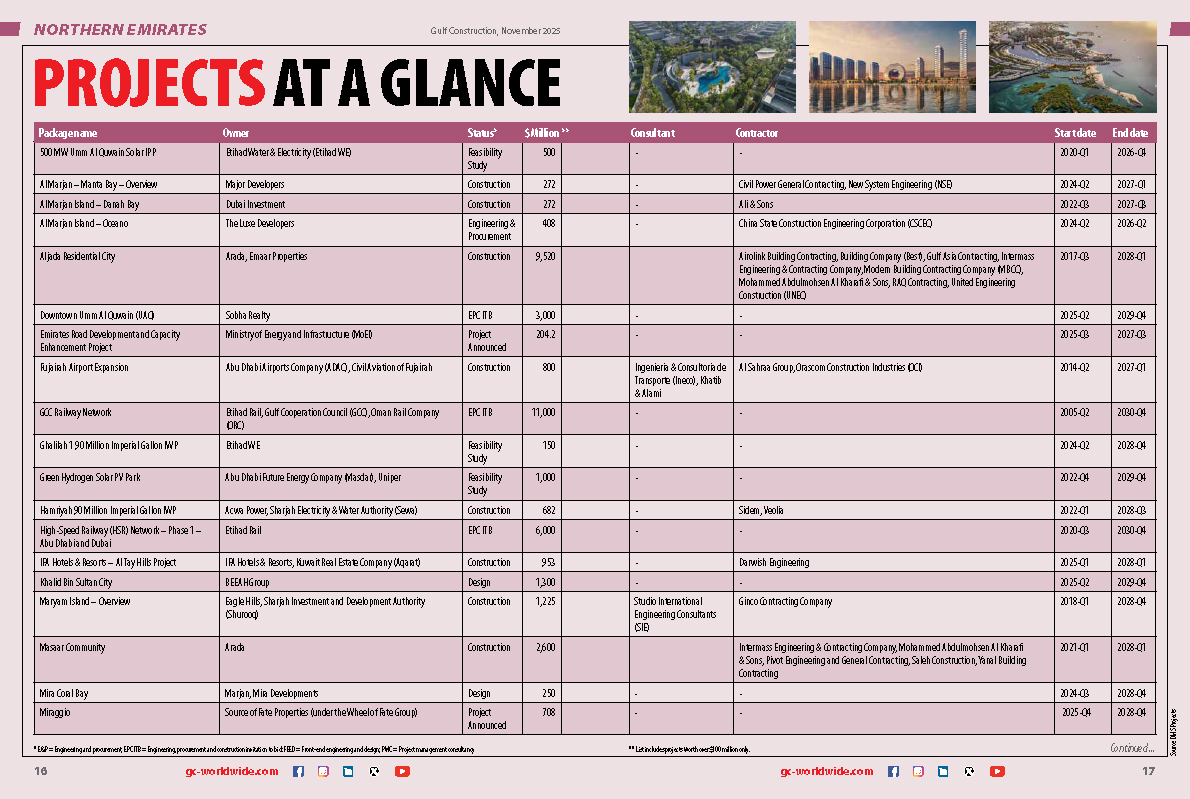
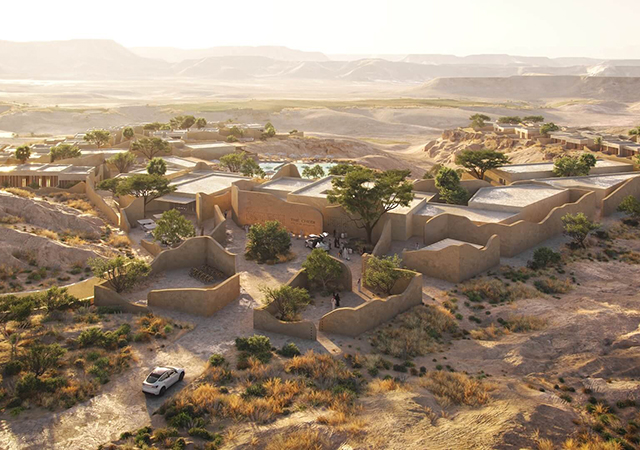
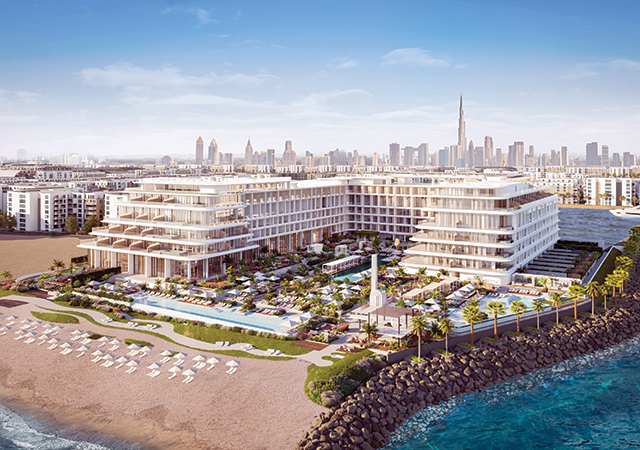
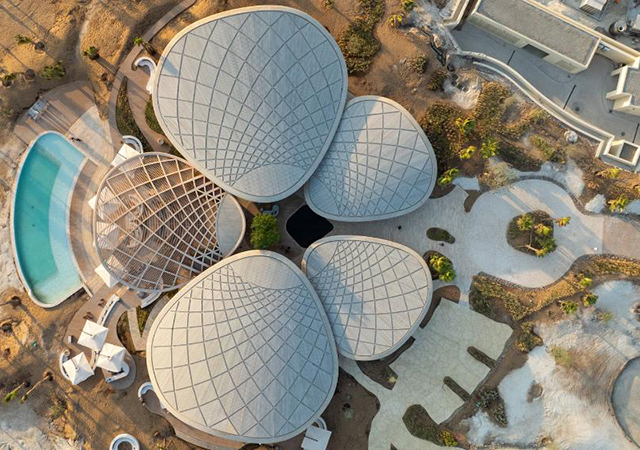

(5).jpg)
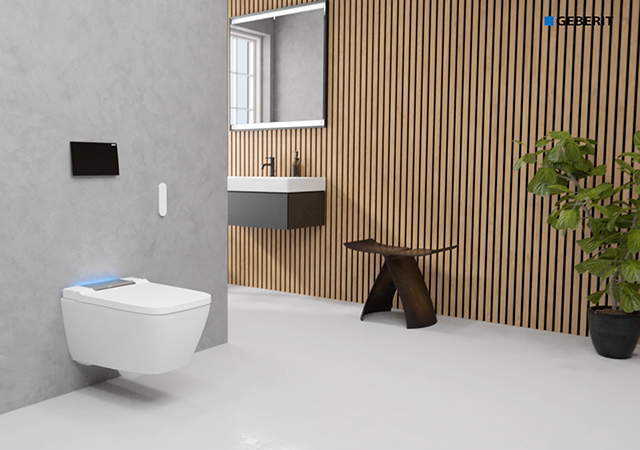
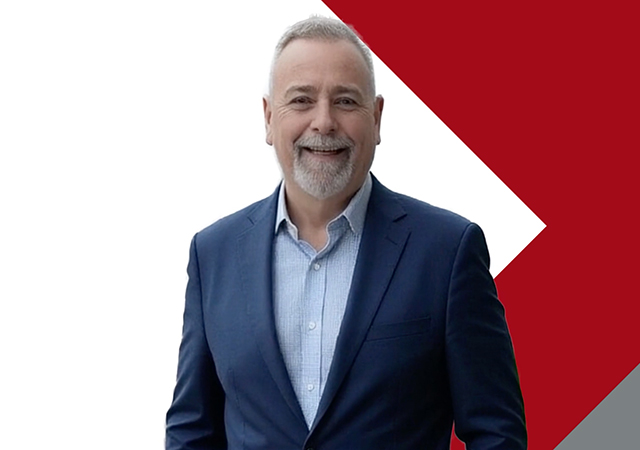

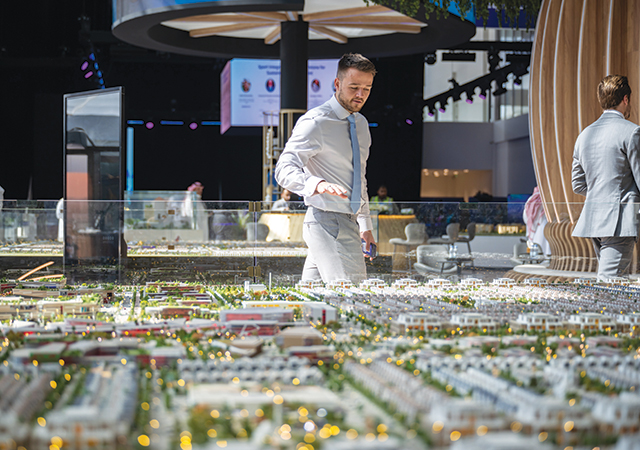
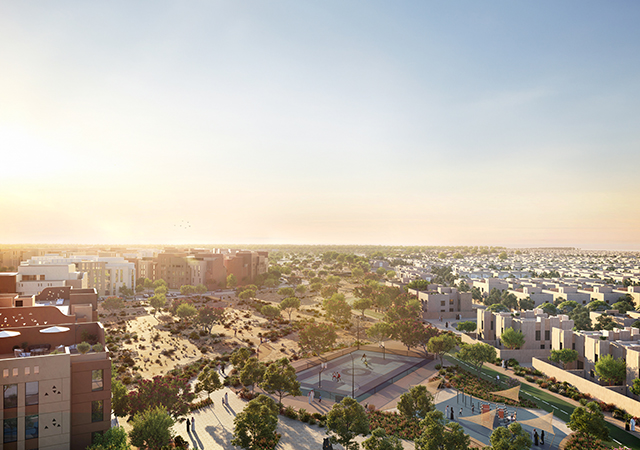
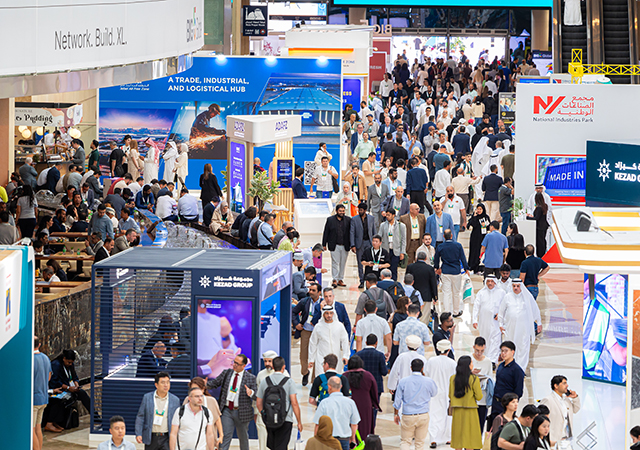
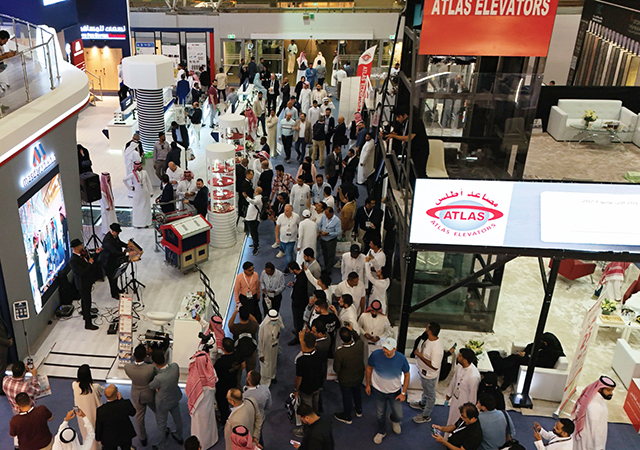
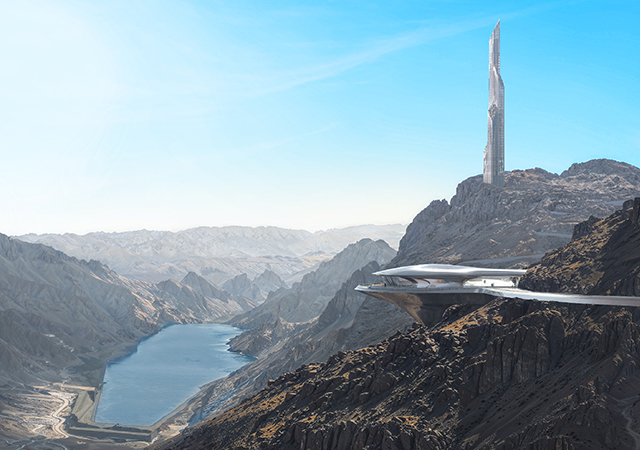
.jpg)
